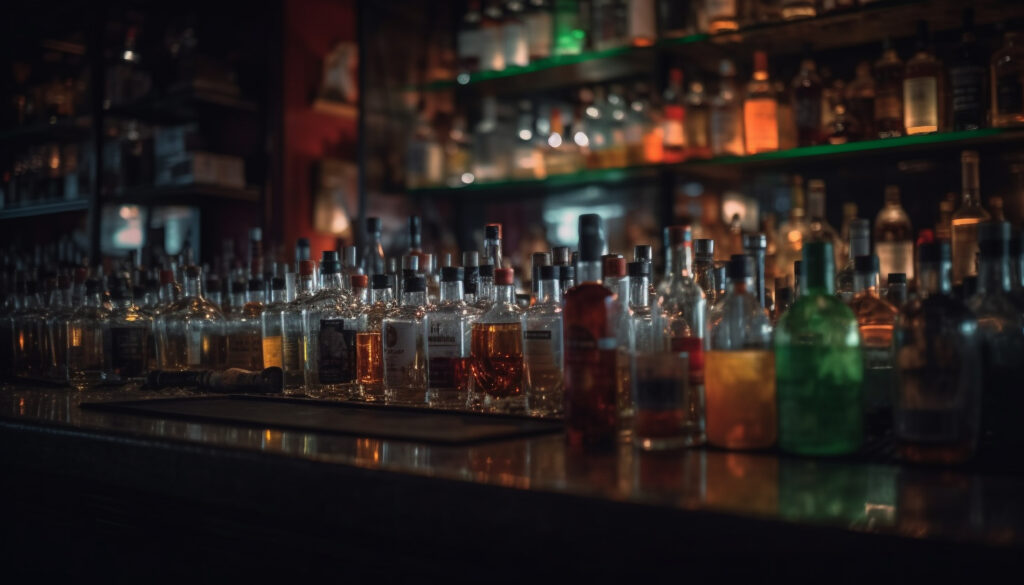
CA. Jayanti Kulkarni, Kudal dated 04.05.2025
The restaurant industry in India is a significant contributor to the economy, serving millions daily across small eateries, fine-dining restaurants, cafes, and bars. After the rollout of the Goods and Services Tax (GST) in July 2017, restaurant services underwent major changes in taxation. Understanding GST liability is essential for restaurants operating with a bar (serving alcohol) and without a bar (pure food and non-alcoholic beverages).
Thus, restaurants with bar facilities must maintain separate accounting records for GST and VAT items.
GST Rates Applicable to Restaurant Services
| Type of Service | GST Rate |
| Standalone restaurants (AC/Non-AC) | 5% (No Input Tax Credit) |
| Restaurants inside hotels (Room tariff < Rs. 7500) | 5% (No Input Tax Credit) |
| Restaurants inside hotels (Room tariff > Rs. 7500) | 18% (With Input Tax Credit) |
| Outdoor catering (without alcohol) | 5% (No Input Tax Credit) |
| Outdoor catering (with ITC) | 18% |
| Alcoholic liquor for human consumption | Not covered under GST (State VAT applicable) |
Key Points:
High-end hotel restaurants with expensive rooms can charge 18% GST and can avail ITC.
Most standalone restaurants pay 5% GST without claiming input tax credit (ITC).
GST Schemes Available for Restaurants
Restaurants can choose between two models:
1. Regular Scheme (Normal GST Registration)
Applicability
- For restaurants exceeding the Rs. 20 lakh threshold.
- Those not opting for Composition Scheme.
GST Rates
- 5% GST without ITC (standalone restaurants, small hotels).
- 18% GST with ITC (hotels with room tariffs > Rs. 7500).
Features
- Can issue tax invoices showing GST separately.
- Monthly or quarterly filing of:
- GSTR-1 (Outward Supplies)
- GSTR-3B (Summary Return)
- Eligible for B2B supplies (corporate catering contracts).
Special Note for Bar Restaurants
- Food and non-alcoholic beverage portion → GST applicable.
- Alcoholic liquor sales → VAT applicable.
- Two separate tax filings must be maintained.
2. Composition Scheme for Restaurants (Section 10 of CGST Act)
Eligibility
- Aggregate turnover up to:
- Rs. 1.5 crore (Normal states)
- Rs. 75 lakh (Special Category States)
GST Rate under Composition
- 5% GST (2.5% CGST + 2.5% SGST)
- Fixed on total turnover (food + non-alcoholic beverages).
Features
- Cannot issue a tax invoice; must issue a Bill of Supply.
- Cannot collect GST separately from customers.
- Input Tax Credit (ITC) not available.
- Quarterly filing of Form CMP-08.
- Annual filing of GSTR-4.
Conditions
- No interstate outward supplies allowed.
- Cannot supply non-GST items (e.g., alcohol).
- Must mention “Composition Taxable Person” on signboards and invoices.
Important:
A restaurant serving liquor cannot opt for a Composition Scheme for that part of the turnover. Separate VAT compliance is required.
Impact on Restaurants With and Without Bar
Separate Accounting for Bar Restaurants
Restaurants having bars must:
- Maintain separate invoices for food and liquor.
- Pay VAT on liquor.
- Pay GST on food and soft drinks.
Example:
- Food Bill = ₹1000 → GST 5% → ₹50 GST
- Alcohol Bill = ₹500 → VAT (as per state law)
Other Compliance Requirements
GST Invoicing
- Regular scheme: Issue Tax Invoice showing CGST and SGST separately.
- Composition scheme: Issue Bill of Supply (no tax charged separately).
Display at Premises
- Composition restaurants must display “Composition taxable person not eligible to collect tax on supplies” at their restaurant.
Records Maintenance
- Sales Register
- Purchase Register
- Separate register for VAT items (alcohol sales)
Common Practical Mistakes by Restaurants
- Not registering under GST after crossing turnover threshold.
- Charging GST on alcoholic beverages (wrong – liquor attracts VAT).
- Issuing wrong type of invoices.
- Claiming ITC despite opting for 5% rate.
- Not maintaining separate records for food and liquor.
Government Clarifications and Circulars
- CBIC clarified that restaurant services are taxed at 5% without ITC (except high-end hotel restaurants).
- Sale of liquor remains outside GST purview, taxable under VAT and Excise.
- If liquor sale is major, consider registering under both VAT and GST laws separately.
Conclusion
GST has brought uniformity to restaurant taxation but also introduced compliance responsibilities.
For restaurants without bars, GST is straightforward: 5% without ITC for most.
For restaurants with bars, dual compliance with GST (for food) and VAT (for liquor) is mandatory.
Choosing between Regular and Composition schemes depends on the size of turnover, business model, and nature of supplies.
Proper registration, invoicing, filing returns, and record-keeping are critical for smooth operations and avoiding penalties.
As the restaurant industry continues to grow, understanding GST liability clearly ensures better compliance and business management.
